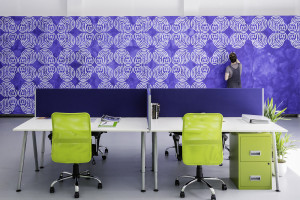
Prevent: A Critical Approach
, –
Since its inception in 2004 and deployment across schools, universities and hospitals in the UK, Prevent has been the most controversial policy within the government’s approach to counter-terrorism. Navine G. Khan-Dossos’ project There Is No Alternative aimed to open a space both for reflection and for collective debate in response to the increasing urgencies surrounding Prevent. Over the course of the exhibition, The Showroom became a site of production, organisation and exchange, taking the visual narratives surrounding Prevent as the point of departure through which to reconsider this contested policy and the role it plays in society today.
In this first event, Navine G. Khan Dossos, Rob Faure Walker, Tarek Younis and Layla Hadj introduced There Is No Alternative in a panel discussion focused on Prevent. Led by some of the contributors to the core research behind the exhibition, this discussion introduces the history and role of Prevent across different areas of civic space in the UK and its wider implications.
Rob Faure Walker has worked as a secondary school teacher in London for over a decade. It was in this capacity that he first saw the ‘chilling effect’ of Prevent in the classroom. He also runs The Prevent Digest – a website and newsletter gathering together updated press and data on the Prevent duty, ‘extremism’ and ‘radicalisation’, which offers an invaluable resource for academics, policymakers and others interested in this area. Layla Hadj speaks about the wider context of Prevent within the Surveillance Industry, in particular the problematics of ‘safeguarding’ in relation to gender, from her position as managing director of independent, grassroots organisation CAGE. Tarek Younis approaches Prevent in the light of his work within Clinical Psychology and the current impact of the strategy in healthcare, and the lived experiences of staff since the designation of the NHS as a pre-criminal space. He researches and writes on Islamophobia, the securitisation and racism of mental health, and how counter-radicalisation enters into clinical logic. Navine G. Khan-Dossos introduces her research into the visual language and graphic design surrounding Prevent and discusses how the paintings in the space are being generated out of the workshops and events programme.
Speakers Biographies:
Dr Rob Faure Walker has recently completed a PhD thesis at UCL Institute of Education. His work investigates the emergence of ‘extremism’ and ‘radicalisation’ in political discourse and theorises that this new policy focus has the capacity to promote rather than prevent violence. He has also worked as a secondary school teacher in London for over a decade and it was in this capacity that he first saw that ‘chilling effect’; of Prevent in the classroom. Since 2017 he has been running the Prevent Digest website and newsletter.
Dr Layla Hadj is managing Director of CAGE, an independent, grassroots organisation who campaign against discriminatory state policies and advocate for due process and the rule of law, empowering communities through educational workshops, community events and informative seminars.
Dr Tarek Younis is cultural psychologist with a PhD/PsyD in Clinical Psychology. He is an Honorary Research Associate at University College London. His British Academy postdoctoral fellowship explored the racialization of statutory counter- terrorism policies in the NHS, and its impact on British Muslim mental health access. Otherwise his research interests revolve around the cultural and political dimensions of mental health (theory and intervention) at the intersection of cultural psychology and medical sociology. He teaches on the impact of culture, religion, globalization and policy changes on psychological interventions.
Navine G. Khan-Dossos is a visual artist based in Athens.
Her interests include Orientalism in the digital realm, geometry as information and decoration, image calibration, and aniconism in contemporary culture. She has developed a form of geometric abstraction that merges the traditional Aniconism of Islamic art with the algorithmic nature of the interconnected world we live in. This is not the formal abstraction we understand from the western history of art, but something essentially informational, and committed to investigation and communication. Khan-Dossos is a painter, and uses this medium and its history to ask fundamental questions about the ways in which we see, understand, and represent the world around us. Her work often responds to a sense of place, and increasingly takes the form of murals and site-specific installations.
Related
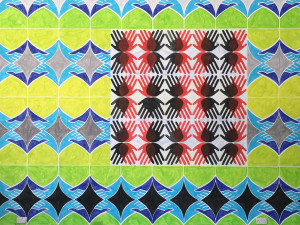
Event
Panel discussion: Wellbeing and Freedom of Expression in a Prevent Culture
, –
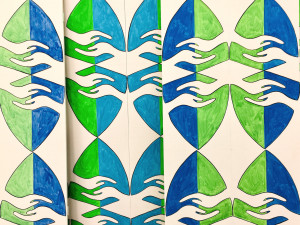
Event
Workshop led by Azad Ali
, –
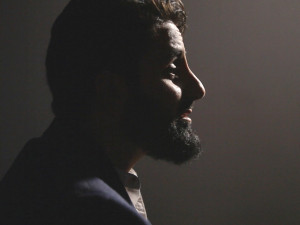
Event
Film screening: ‘Unspeakable’, followed by a conversation between director Kate Stonehill and Dr Salman Butt
,

Event
Finnissage with a zine workshop and talk led by Hamja Ahsan: Zines Versus the State
, –

Event
The Politics of Policing
, –
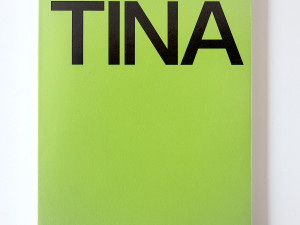
Event
TINA: Book Launch
, –
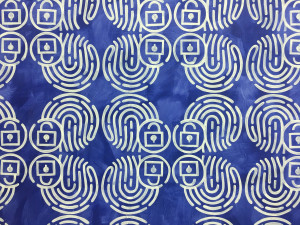
Event
Navine G. Dossos: There Is No Alternative | Tools for Conviviality Workshops
–

Event
TINA – There Is No Alternative Reflexive Editorial Process
–
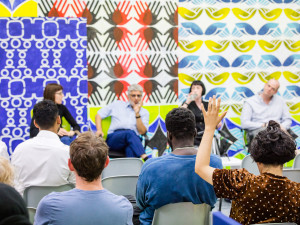
Online
Fortnightly Highlight 4: There Is No Alternative
–
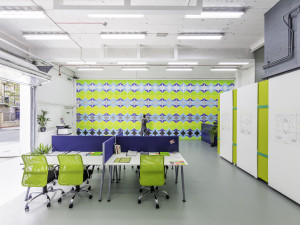
Exhibition
Navine G. Dossos: There Is No Alternative
–

Audio
Panel Discussion: The Politics of Policing

Video
Navine G. Khan-Dossos and Professor Lisa Downing in conversation
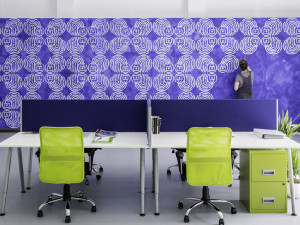
Audio
Prevent: A Critical Approach
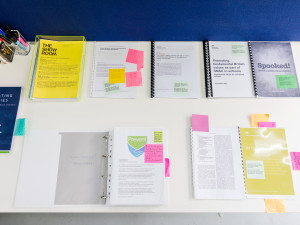
Text
Bibliography for Navine G. Dossos: There Is No Alternative
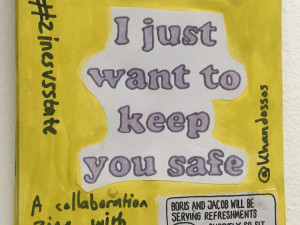
Text
Navine G. Dossos and Hamja Ahsan, Zines Versus The State
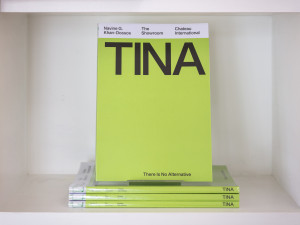
Video
TINA: Book Launch